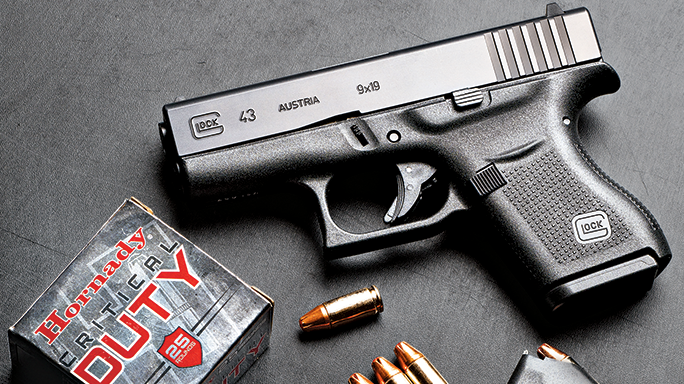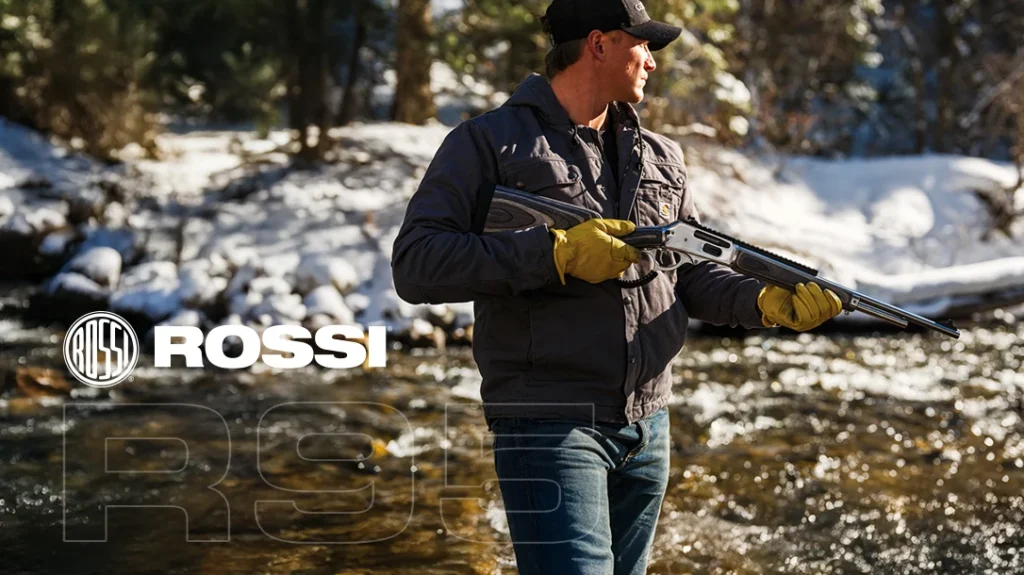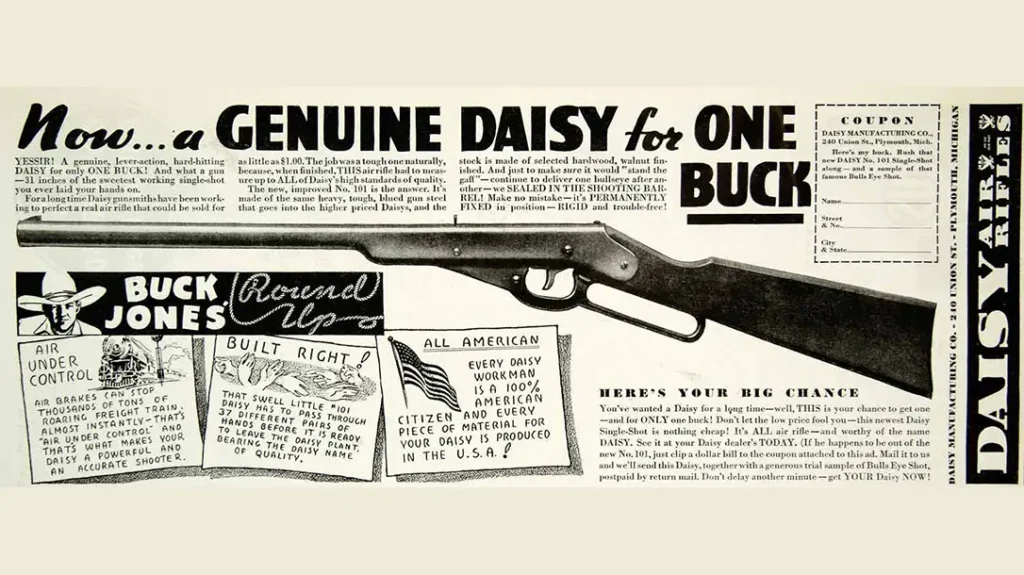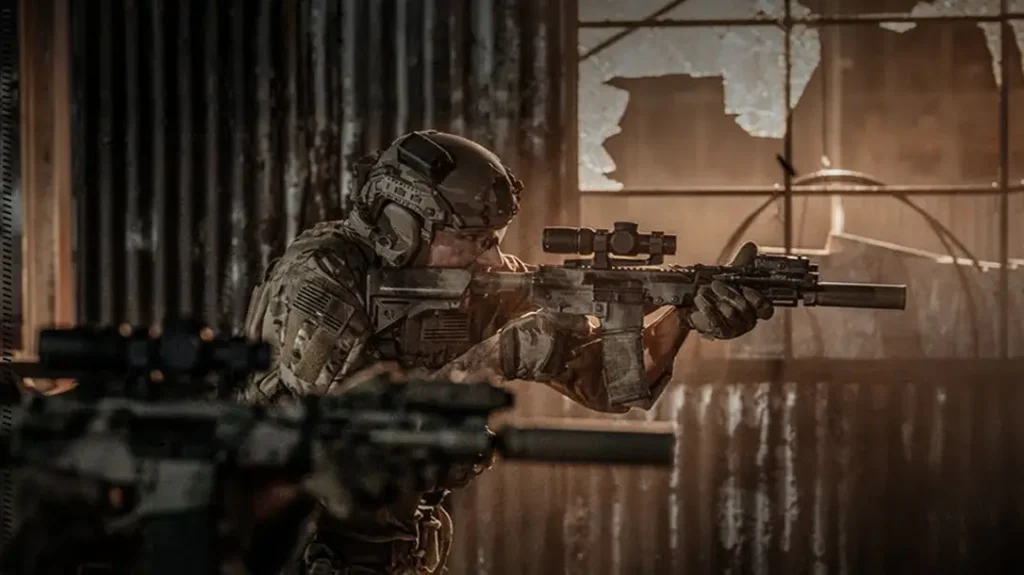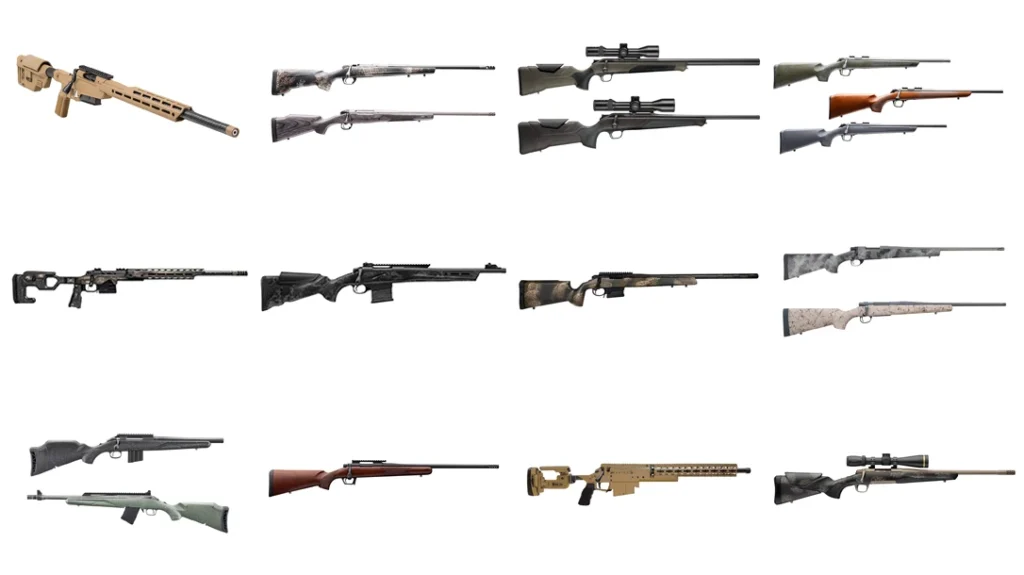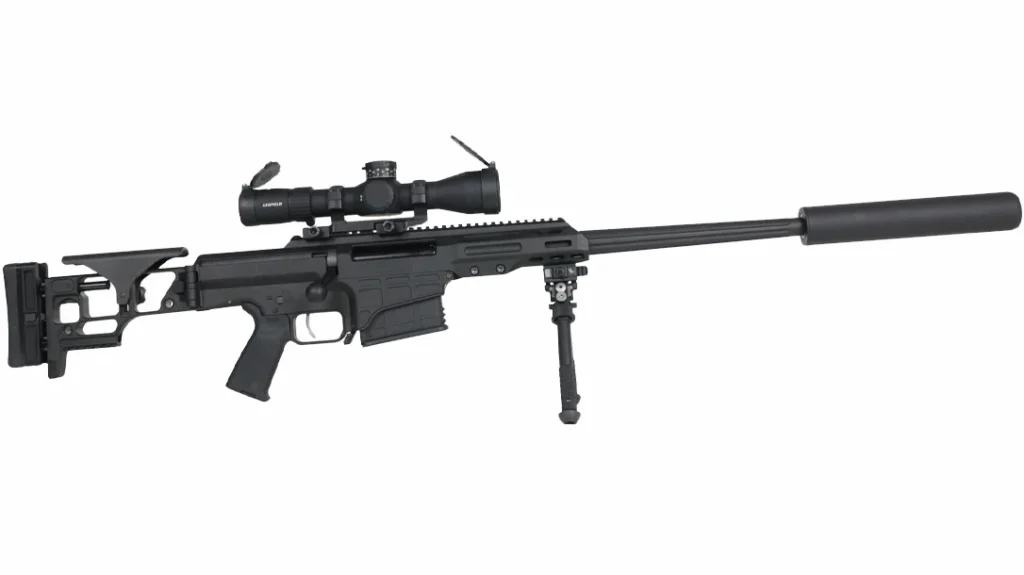From the beginning, it was apparent that the Glock 43 had great potential as an off-duty or backup weapon for law enforcement. This has always been a significant portion of the concealed-carry market.
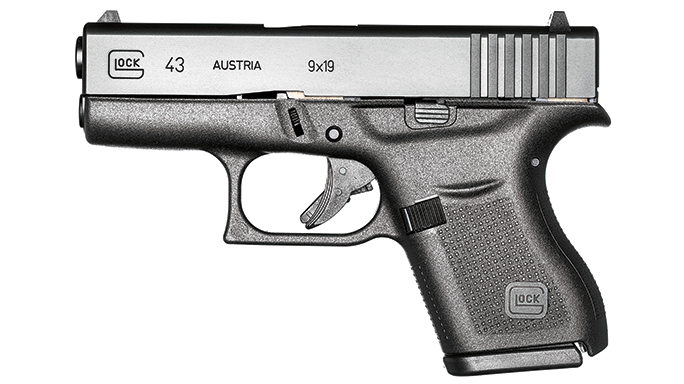
Glock’s entry into the subcompact pistol market began almost 20 years ago, with the introduction of the first “baby Glocks.” These were the Glock 26 in 9mm and the Glock 27 in .40 S&W. These were Glock service pistols “chopped” at the muzzle and butt to achieve a smaller size. The truncated grip frames, were accompanied by lower-capacity magazines. The G26 magazine held 10 rounds of 9mm instead of the 15 in the “compact” Glock 19 or the 17 in the full-sized Glock 17.
Advertisement — Continue Reading Below
The G27’s magazine was home to nine rounds of .40 S&W, compared to 13 in the compact G23 and 15 in the G22 service pistol. These small Glock pistols were soon accompanied by the G33, in .357 SIG with a nine-round magazine, the slim-line G36, with a 6+1 capacity of .45 ACP, and the G39, which holds 6+1 rounds of .45 GAP ammunition.
With the exception of the little .45s, these “baby Glocks” still had true double-stack magazines, requiring relatively wider grip frames. This made them a bit blocky when an officer carried one under his or her arm in a backup holster attached to concealed body armor, or in a pocket holster, or strapped to the ankle. Demand arose for something a bit slimmer, even at the price of utilizing a reduced-capacity single-stack magazine.
Glock answered that demand in the beginning of 2014 with the introduction of the Glock 42. The slimmest (with a 0.83-inch-thick slide) and lightest (12.17 ounces unloaded) of the lineup, the Glock 43 is chambered for the .380 ACP cartridge and has a magazine that holds six rounds to back up the one in the chamber. On the theory that a marginally powerful gun the officer would actually carry for backup or off-duty was better than a more powerful one the officer left at home, many departments authorized, or even bought and issued, Glock 42s to supplement the agency’s duty weapons. But the demand remained for something about the size and weight of the G42 that would handle the more potent 9mm cartridge. Glock’s answer to that demand is, of course, the Glock 43.
Advertisement — Continue Reading Below
Gun Details
What does a working cop want a backup gun to be? Compact and light enough to wear all day in addition to the required heavy gear. Otherwise, it won’t be there when the officer desperately needs it. It should be powerful enough to give its user a fighting chance of stopping a deadly, fast-breaking attack. As a piece of emergency rescue equipment, it has to be reliable. Most experts agree that the backup gun should work just like the primary gun with which the officer has become most familiar and competent.
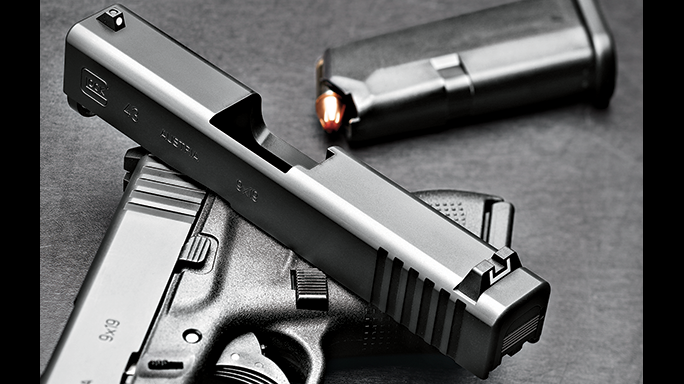
The Glock 43 works just like any other Glock from the operator’s perspective. Even .45 ACP fans will usually (if grudgingly) admit that, with the best ammunition, the 9mm is certainly adequate in power. Reliability is the hallmark that made Glock pistols so popular in police service in the first place. The folks at Glock assure us that extensive testing indicates the Glock 43 will live up to the brand’s long-established standard.
Advertisement — Continue Reading Below
RELATED STORY: Massad Ayoob: 8 Subcompact Glocks Perfect For Backup Duty
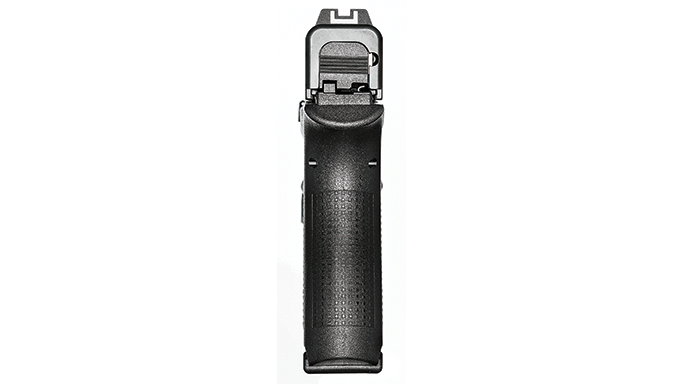
With all of those criteria checked off, the only elements remaining to discuss are size and weight. The Glock 43 weighs just over a pound unloaded. The Glock 43 is also only 1.02 inches wide. This allows it to lie flat and close to the body, with minimum bulge and discomfort. The baseline criteria are now pretty much met, with little more to discuss than cartridge capacity.
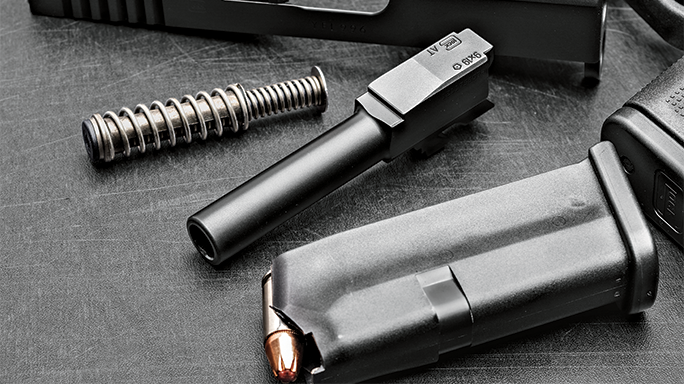
Advertisement — Continue Reading Below
The single most common criticism I’ve heard of this Glock is, “It only holds seven rounds.” There are other brands of slim, lightweight 9mms on the market that hold a round or two more. The short grip frame of the Glock 43 was given priority by Glock engineers so it would hide more efficiently in a pocket and also be less likely to hang up when drawn from that location.
A one-round difference as a choice factor between high-quality police concealment guns is not a new thing. It goes back to the mid-20th century when a cop looking for a little snub-nose .38 Special had a choice between the six-shot Colt and the five-shot Smith & Wesson. There were famous police gun experts in those days who championed both sides. Bill Jordan of the Border Patrol carried a five-shot S&W Chief Special Airweight .38 for backup. Jim Cirillo of the NYPD Stakeout Squad chose a six-shot Colt Cobra .38 as a pocket hideout. Sheriff Charles “Skeeter” Skelton used both brands interchangeably for such needs.
So it will be with the Glock 43. I would not be surprised to see longer magazines become available for the Glock 43. I personally do not see the six-round magazine as a shortcoming. The person who wants more rounds can simply buy another pistol, including Glock’s own long-proven G26.
Advertisement — Continue Reading Below
Range Time
Shooting standard-pressure, 115-grain 9mm ammunition, the Glock 43’s recoil wasn’t bad at all. The pinky finger of the firing hand tucks comfortably under the butt. One function of a backup gun is allowing a wounded officer to still fight back. I found the G43 to work reliably and controllably while firing with just my non-dominant hand, as well as with a dominant-hand-only grasp. Even with an exaggerated “limp wrist” hold, the Glock 43 suffered no malfunctions.
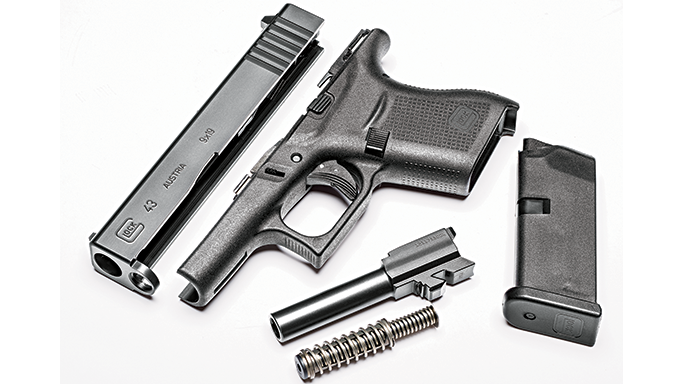
I did not have an opportunity to bench-rest the Glock 43 for proper accuracy testing. However, shooting at 7 yards off-hand, the Glock 43 put every 9mm bullet into a very tight group. Extrapolating from that, I expect the accuracy to be ample for this pistol’s intended purpose. The single failure to fire I observed early in testing might well have simply been a bad round, not a problem with the gun. The single unintended magazine drop I observed may have been due to sloppy handling by the shooter. Time will tell, but I am optimistic.
Advertisement — Continue Reading Below
For more information on the Glock 43, visit glock.com or call 770-432-1202.
